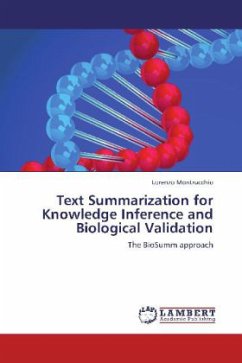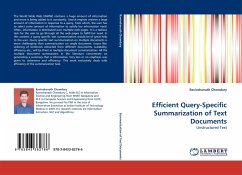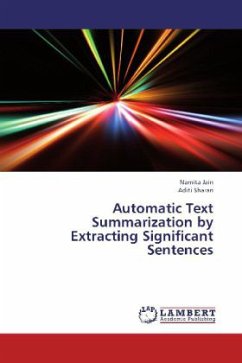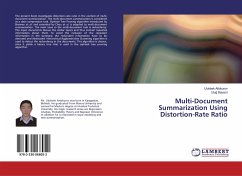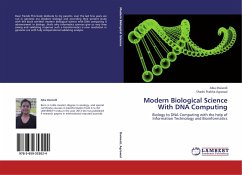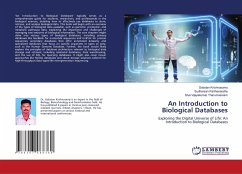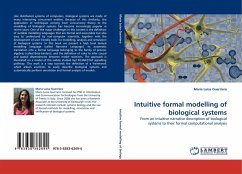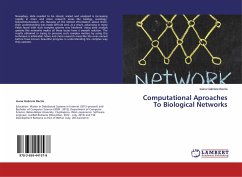The growing availability of large document collections has stressed the need of effective techniques to operate on them. This becomes even more crucial in the life science domain, in which huge quantities of data are steadily produced by researchers all over the world. For many years, the task of analyzing the most relevant parts of documents for inferring new knowledge and for validation purposes was manually performed by molecular biologists. Nowadays this has become unfeasible. Thus, many research efforts have been devoted to automatically indexing the unstructured information contained in texts. In this evolving scenario, the book describes the BioSumm framework that analyzes large collections of biomedical texts for which no class labels and no division by topics are provided. Researchers can exploit BioSumm for knowledge inference and biological validation of interactions discovered in independent ways (e.g., with data mining techniques). The framework benefits from the advantages of traditional summarizers, but overcomes their limitations in inferring knowledge of gene/protein relationships. The book may be of great interest for text mining experts as well as biologists.
Bitte wählen Sie Ihr Anliegen aus.
Rechnungen
Retourenschein anfordern
Bestellstatus
Storno

